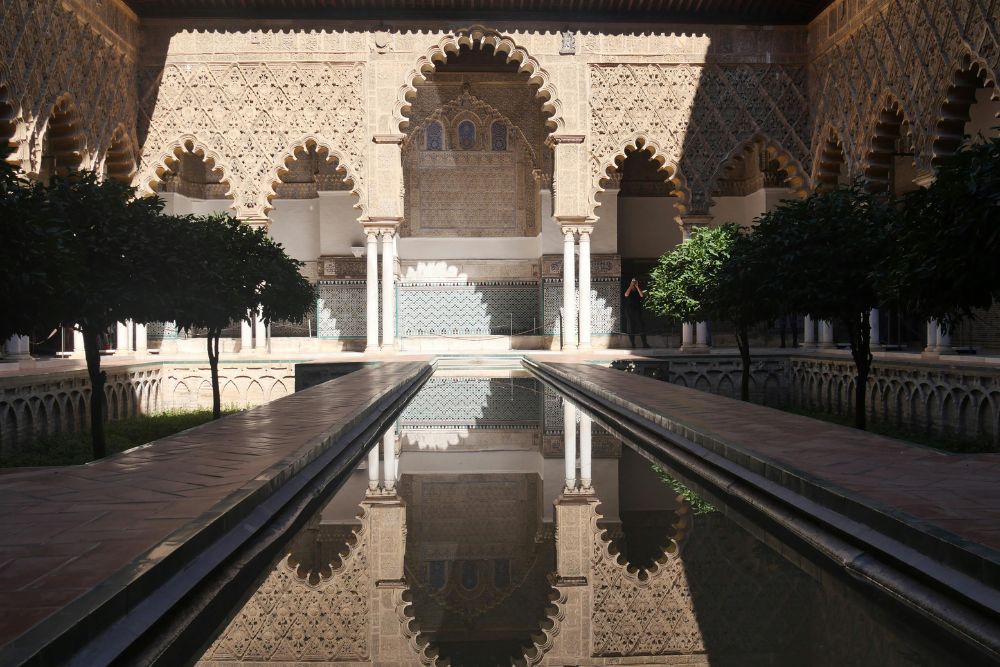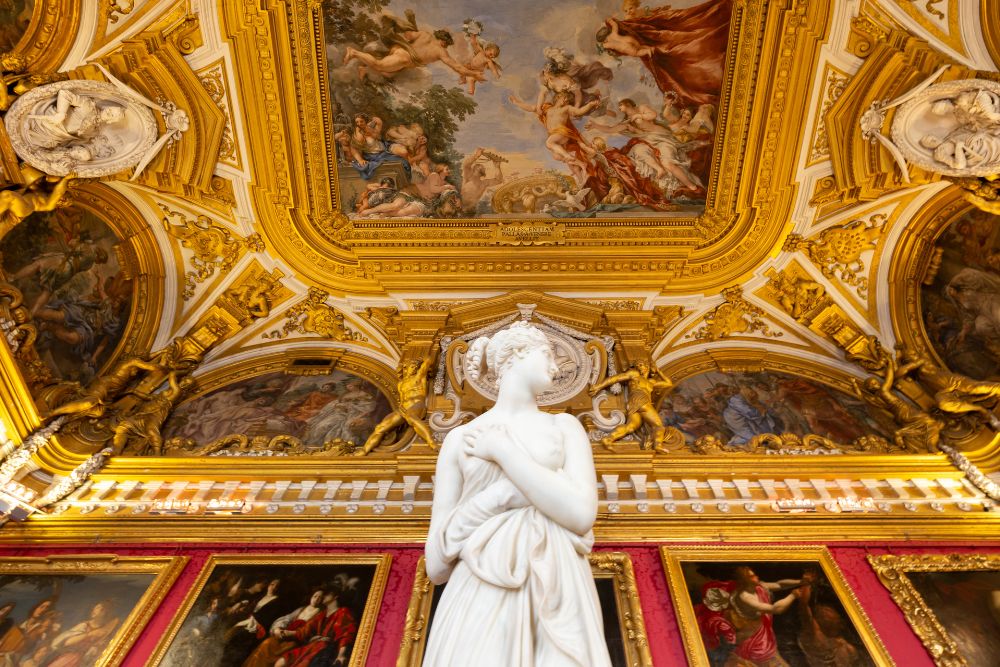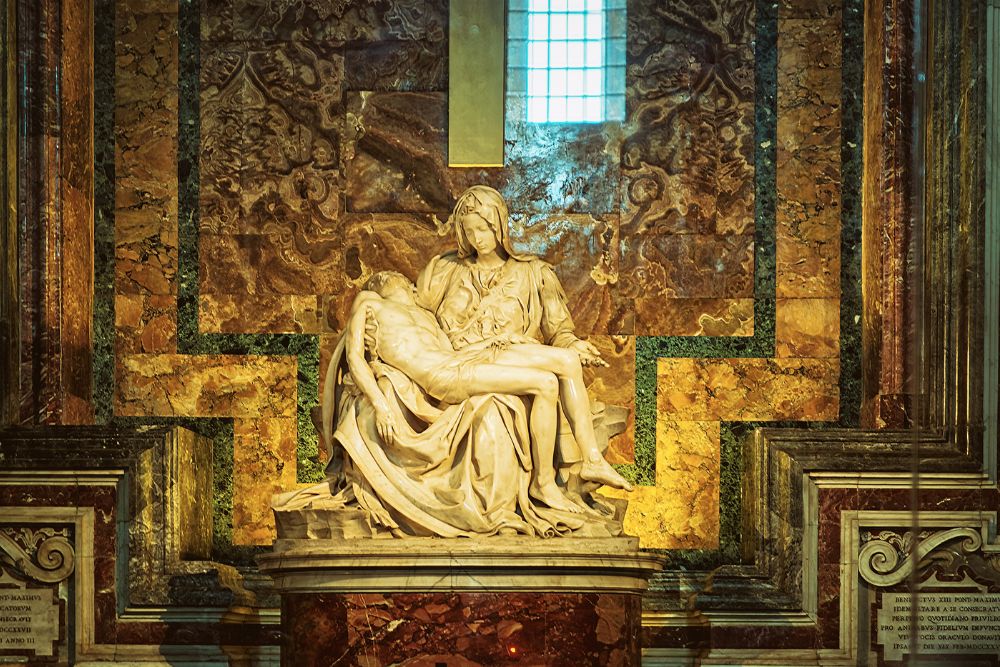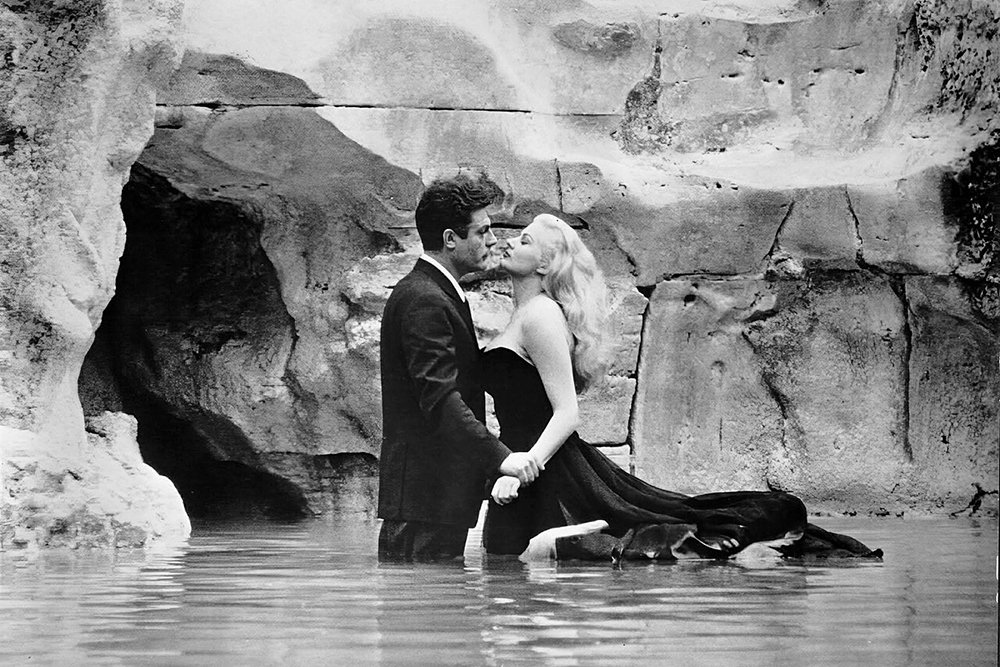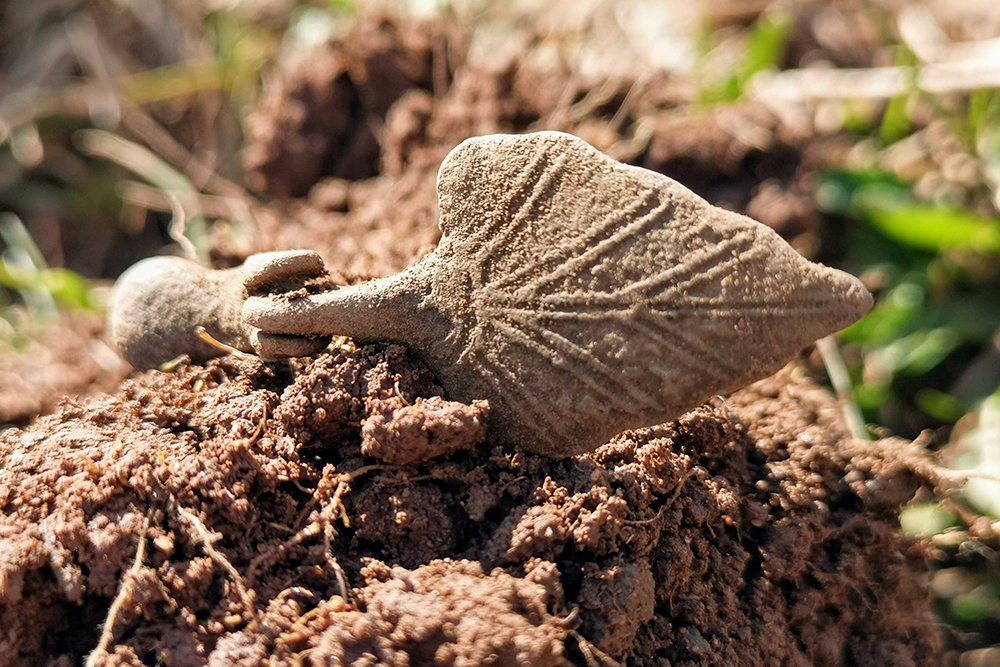
Etruscan Influence on Italian Culture
The Etruscans, an ancient civilization that thrived in central Italy before the rise of Rome, played a pivotal role in shaping Italian culture.
The Etruscans inhabited the region known today as Tuscany, along with parts of modern-day Umbria and Lazio, from the 8th century BCE to the 4th century BCE. While much of their history remains shrouded in mystery, the impact of their civilization on Italian culture is undeniable.
Etruscan Art and Its Influence on Italy
Etruscan art, characterized by its distinctive style and motifs, had a profound influence on Italian artistic traditions.
Funerary Art
Etruscan tombs were adorned with intricate frescoes, sculptures, and pottery. These funerary artworks often depicted scenes from daily life and religious beliefs, serving as a significant source of inspiration for later Italian artists.
Bronze Working
The Etruscans were renowned for their mastery of bronze working. Their bronze sculptures, such as the "Chimera of Arezzo" and the "Capitoline Wolf," showcased their skill and artistic sensibility. These sculptures influenced Italian sculptors throughout history.
Pottery and Ceramics
Etruscan pottery featured unique shapes and designs. Their black-figure and red-figure pottery techniques influenced the development of Italian ceramic traditions, particularly in regions like Campania.
Etruscan Influence on Italian Architecture
The Etruscans made significant contributions to Italian architecture, particularly in the construction of temples, fortifications, and urban planning.
Temple Design
Etruscan temple architecture, characterized by a raised podium, frontal staircase, and deep porch, influenced the design of Roman temples. The Temple of Portunus in Rome bears distinct Etruscan architectural elements.
Fortifications
Etruscan cities were known for their impressive defensive walls, gates, and fortifications. The Etruscan approach to urban defense influenced the design of later Italian cities and their defensive structures.
Etruscan Language and Its Impact on Italian
The Etruscan language, although not well understood due to its limited surviving texts, played a role in shaping the Italian linguistic landscape.
Influence on Latin
Etruscan interactions with the early Romans led to the incorporation of Etruscan words and linguistic elements into Latin. This linguistic exchange contributed to the development of the Latin language, which later evolved into Italian.
Toponyms and Placenames
Many place names in Italy, particularly in the regions where the Etruscans once thrived, bear Etruscan roots. These toponyms are a tangible reminder of the Etruscan presence in Italy.
Etruscan Traditions and Their Italian Adaptations
The Etruscans had a profound influence on Italian traditions and cultural practices that persist to this day.
Religious Beliefs
Etruscan religious practices and beliefs, such as divination through the observation of natural phenomena and the interpretation of entrails, influenced the development of Roman and, subsequently, Italian religious traditions.
Burial Customs
Etruscan burial customs, including the construction of elaborate tombs and the use of funerary art, influenced Italian burial traditions and the concept of commemoration through art and architecture.
Wine Production
The Etruscans were skilled winemakers, and their viticultural practices laid the foundation for Italy's world-renowned wine culture. Wine production remains an integral part of Italian agriculture and culture.
Etruscan Legacy Through the Ages
The Etruscan legacy persisted throughout different historical periods, leaving an indelible mark on Italian culture.
Roman Adaptation
The Romans, who eventually conquered Etruscan territory, incorporated Etruscan customs, art, and architectural styles into their own culture. Etruscan influences can be seen in Roman villas, baths, and urban planning.
Medieval Italy
Etruscan architectural elements, such as the use of arches and vaults, continued to be used during the medieval period in Italy. These features are visible in Italian cathedrals, palaces, and fortresses.
Italian Renaissance
During the Italian Renaissance, there was a revival of interest in Etruscan art and culture. Artists like Botticelli drew inspiration from Etruscan motifs, incorporating them into their works.
Conclusion
The Etruscan influence on Italian culture is a testament to the enduring power of ancient civilizations to shape the world we live in today. From art and architecture to language and traditions, the contributions of the Etruscans continue to enrich Italy's cultural tapestry. As we explore Italy's cities, marvel at its historic sites, and savor its cuisine, we are, in many ways, experiencing the enduring legacy of this ancient civilization. The Etruscans' influence is a reminder of the interconnectedness of human history and the profound impact that past civilizations have on our contemporary world.


